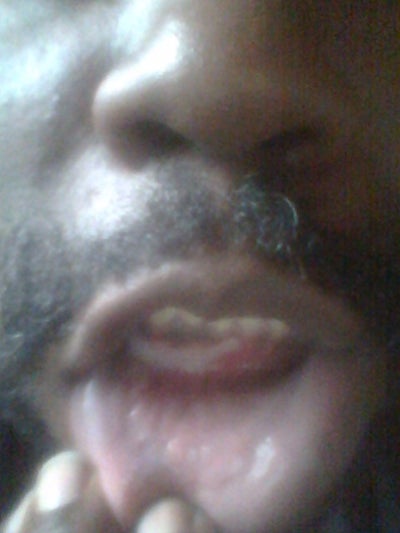
Use plain water unless otherwise directed by a doctor. Avoid using strong cleansing solutions such as hydrogen peroxide or iodine. Clean a pair of tweezers with isopropyl alcohol then use the tweezers to remove any dirt or debris in and around the wound. The ACS goes on to state that direct skin. According to the American Cancer Society, drinking the 35 solution can cause severe burns to the throat and stomach, vomiting and even death.

Avoid applying soap directly in the wound. Drinking hydrogen peroxide can cause chemical burns in the esophagus, which can lead to scarring and even narrow it, making it more likely you’ll choke. Using a soft washcloth and soap, gently clean the skin. Run cool water over the wound, either by pouring from a cup or holding the area under running water. Instead follow these tips offered by The American Academy of Family Physicians: The next time you find yourself with a cut, scrape, or minor puncture wound, opt out of hydrogen peroxide. It’s ok to use it the first time you clean a wound but I would not recommend using it again. So basically it kills off the bad stuff but it also kills off some of the good things that your body needs to naturally heal.
Hydrogen peroxide burn skin#
When your skin absorbs hydrogen peroxide, it can reduce the amount of fibroblasts, a particular cell that is imperative for cleaning and repairing damaged tissue. As the catalase comes in contact with the skin it turns the hydrogen peroxide into water and oxygen gas. When used topically, this liquid foams due to the enzyme catalase. It is a strong oxidizer and can be used as a cleaning agent and to prevent infections. Peroxide is made up of hydrogen and oxygen.

However, if it gets absorbed into the skin it can actually cause more harm than good. While some people will clean a wound with alcohol most people choose to use hydrogen peroxide because it does not burn. Should I use hydrogen peroxide to clean a wound?


 0 kommentar(er)
0 kommentar(er)
